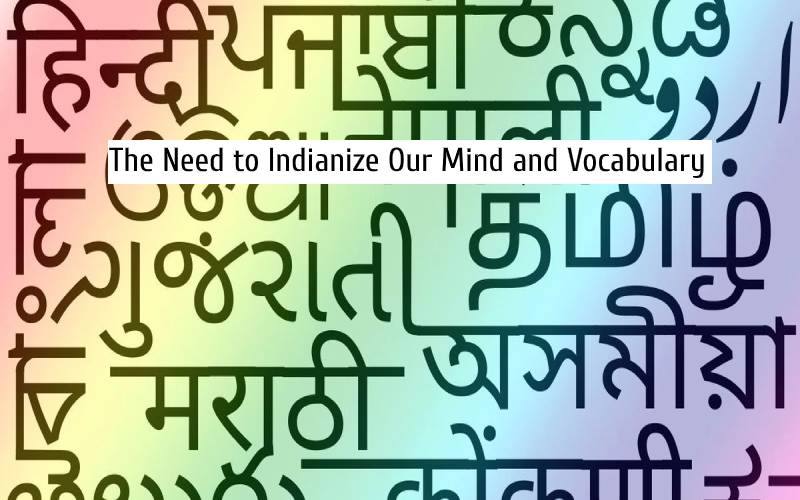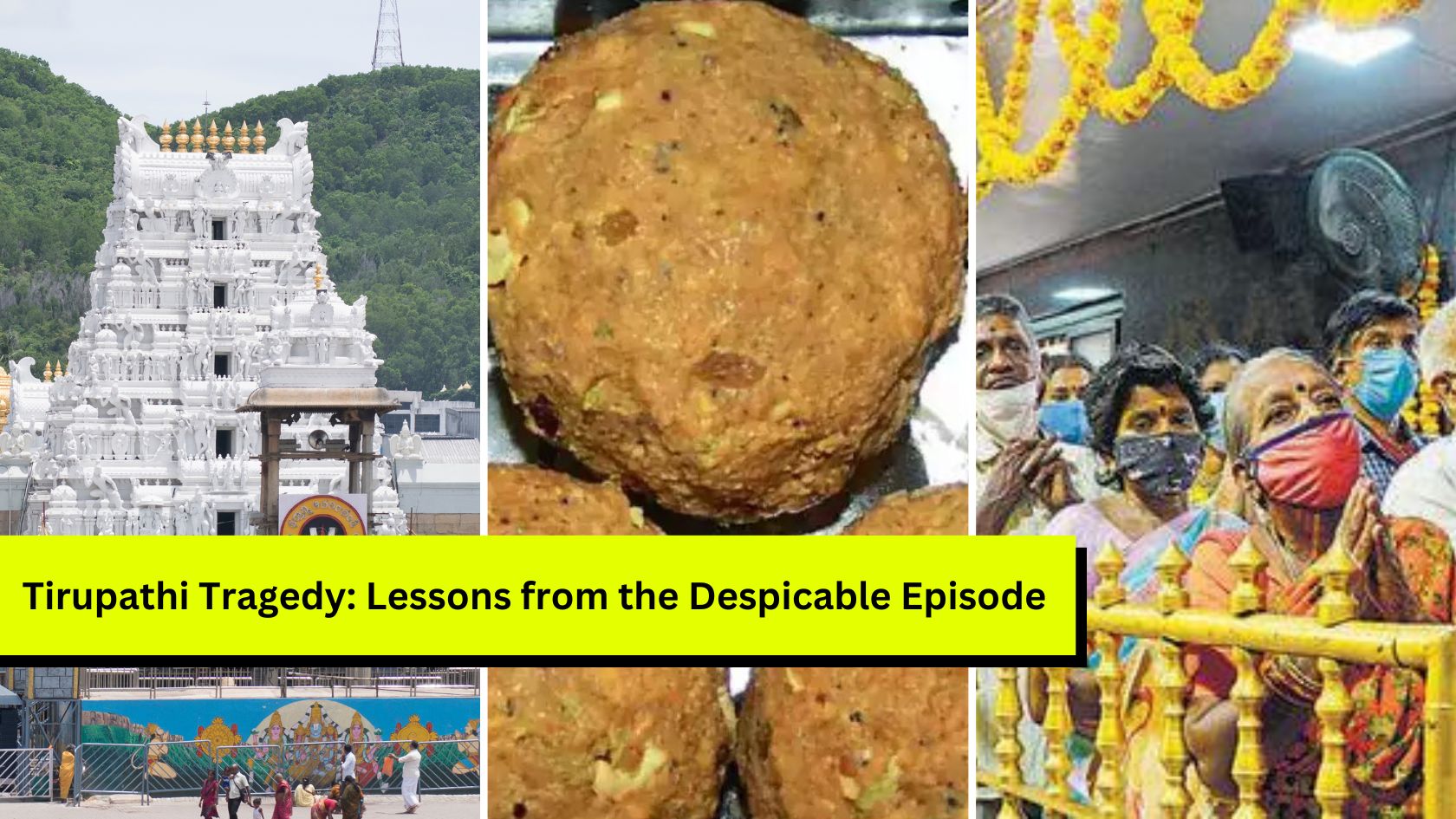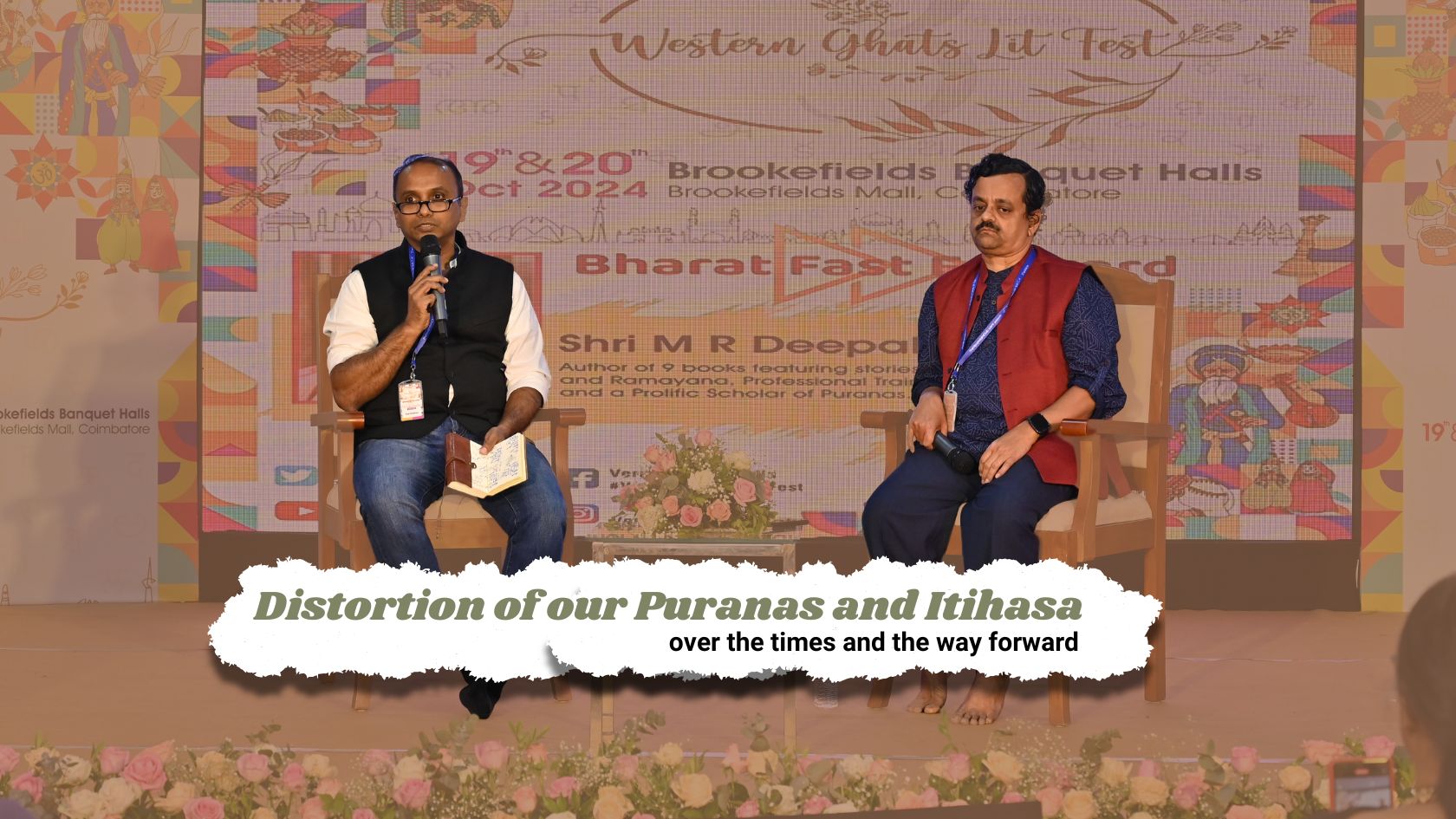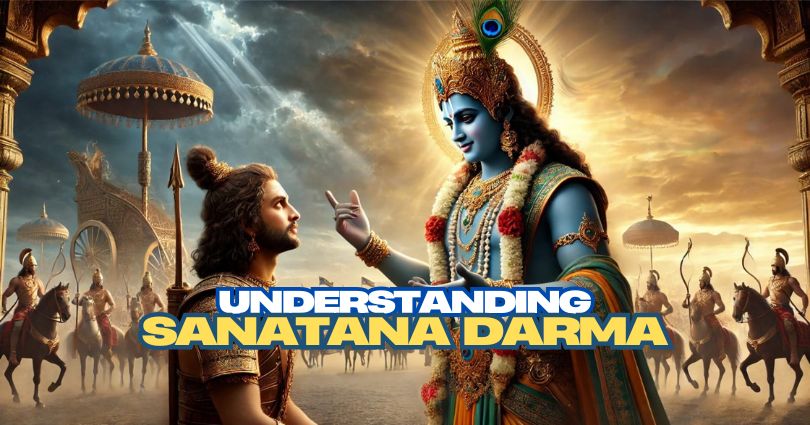
India is civilizational state. Eminent Researcher, Raj Vedam, has been stating that Bharatiya Civilization, Bharatiya Culture, is more than 85,000 years old. The astronomical calculations connected with the pole star, Dhruva, is proof enough to make everyone agree to the preposition given by Raj Vedam. Texts like the Rig Veda were composed prior to 3000 B. C. The publications of the author Shrikant Talageri have helped us to unravel the facts connected with the age of the Rig Veda.
Scientist-cum-author, Jijith Nadumuri Ravi, has given geographical markers of Rig Veda by exposing the rivers found in this old scripture. It is globally accepted that what is found in the 'Mahabharatha' cannot be fully found elsewhere and there is nothing that cannot be found in the epic. The 'Mahabharatha' is the quintessence of the Vedas and Upanishads. Scholars and elders alike talk about the various quotations and thoughts found in the Indian scriptures.
However, the modern Indian has chosen to ignore Indian wisdom and has taken to recalling and quoting the words of western ideologies and leaders. Is the modern Indian committing a mistake while referring to Western Scholars? Definitely not. But this needs an introspection and a bit of inclusive refinement. It would be a travesty to ignore ancient Indian wisdom for it contains the required tools which would make life better.
Works like ‘Avadhootha Gita’, ‘Uddhava Gita’, ‘Kapaila Gita’, ‘Shiva Gita,’ ‘Yoga Vasishta,’ ‘Vidura Neethi,’ etc., contain a veritable treasure of knowledge and wisdom. The colonised mindset of the modern Indian seems to be adamant when it comes to assimilating and observing the Indian Knowledge System. Indologists talk about this attitude in a worrying tone, and they perceive this to be a civilizational threat. They are fortunately questioning the attitude of the colonized Indian.
Numerous are the stories found in our text. Humour, wit, wisdom, and practical ideas are embedded in the life and statements of our elders. Characters like, Chanakya, Raakshasa, Tenali Ramakrishna, and Mariyadha Rama, continue to be popular in our memory simply because of their application of Indian knowledge and wisdom.
Every popular personality, teacher, or leader, seem to be using quotations by the drop of a hat. Most of these quotations and their experiences are interesting and useful but the situation and the personality connected or quoted are completely alien. For example, a person who agrees to a quotation of Victor Hugo may not be even aware of his origin and his works. The situation that had prevailed in Europe during the times of Victor Hugo was never ever experienced in India.
Similarly, we get to see names of people like Rumi used pretty often. A simple question about the origin of Rumi would prompt the person quoting his name to open his mobile phone to search for details connected with Rumi. A popular Tamil movie hero had once stated that Rama and Krishna were neither seen nor heard and therefore, he would not play those characters. However, his critics asked him if he had ever seen or met the other literary characters who were brought to light in his movies, mum was his answer.

We find journalists, thinkers, and intellectuals talking about socialism and indigenization. Financial experts state that we should export more and import less. They tell us that such a measure would keep a country free from enslavement and poverty. It is however astonishing to notice the same people importing ideology, thoughts, and quotes in a large way. They also ensure that Indian thought never goes out of India or rather never crosses the sea. Well, these are the same people who made fun of the orthodox Indians who refused to cross the sea.
Numerous are the intellectuals and thinkers who have been trying to destroy Indian thought connected with philosophy and economy from its foundation. They were very happily promoting western concepts like communism, and socialism while destroying the Indian concept, "Vasudheiva Kudumbakam.” They were never bothered about the capital and current account deficit that were being created by them, but they were only bothered about the economic, capital and current account deficits.
Ideology is important but products have to be quickly indigenized. The whole approach was anachronistic for it was bereft of logic and reason. It was surprising to see the rationalists behaving this way. It is high time that we start identifying concepts, thoughts, and quotes of Indian origin and begin to export them meaning sharing them with the world. This will help us to understand that India is the Vishwaguru.
We must logically realize that many of the concepts that were propounded in India have come back repacked and rebranded to its own place. Our colonial masters had destroyed our finished products taken away our raw materials and supplied us finished products that were made from the same raw materials that were extracted from our country at a low cost. This economic chain denuded our country and brought it on its knees. The same thing has been happening with Indian wisdom and thought.
The value addition of knowledge is being thrust upon us and we are losing out in the international intellectual space. Are we not clamouring for better research and development allocations? But we are not simply interested in preserving and working upon the existing wisdom and knowledge system. Why is this anomaly being created? If we do not take steps through the fort called awareness, armament called exposure, and challenge called experience, a tsunami of unwanted influences can destroy our civilizational boundaries.
If we lose our boundaries, everything else will be lost. Let us now, understand that intellectual deficits created because of ignoring Indian knowledge will cause immense harm. It is time to bring out Indian wisdom once again in out utterances, thoughts, and actions once again. India has been the best in this regard, and this will not only make India prosperous, but will also guide the world.
We at The Verandah Club are trying to bring back the Indian way of thinking by publishing articles on various not-so-familiarly known aspects of Sanatana dharma. As readers, you can also record your valuable inputs on the Indianized vocabulary, interesting Indian quotations, values, principles, by writing to us @ [email protected].
NEXT ARTICLE

The Venkateshwara Swami Temple in Tirupati is among the holiest places in the world for Hindus. Millions of people throng the temple every year to get...

It is a sad reality that our Itihasa and Puranas have been subject to severe distortion over the years. This is not surprising considering how even th...

The holy land of Bharat follows Sanatana Dharma. The word Sanatana Dharma is a Sanskrit word meaning, “Eternal law”. It is the indestructible ultimate...